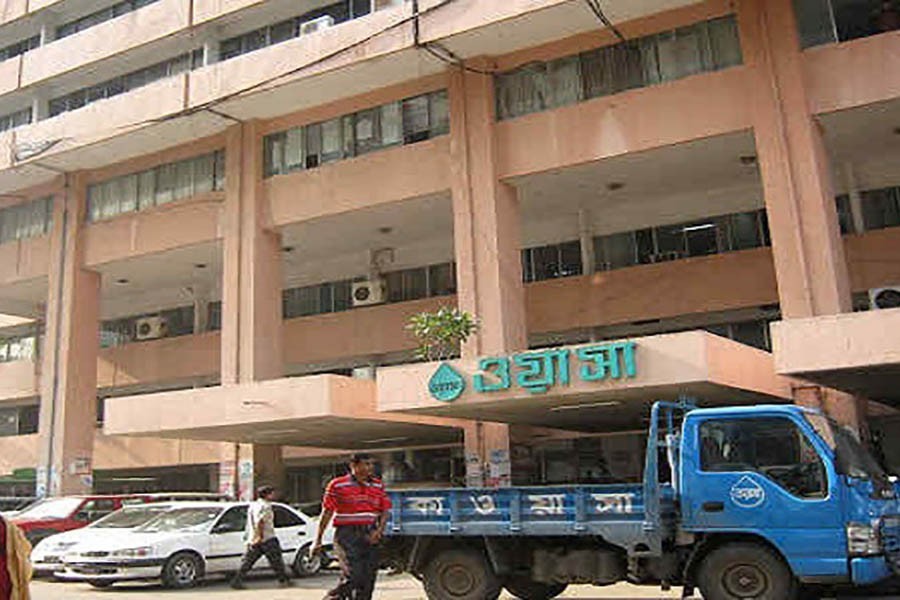Prime Minister Sheikh Hasina's clarion call to the state-owned public limited companies to 'earn and spend' on their own comes at a time when care and scrutiny are needed most for the national economy. The Prime Minister's words, expressed in a meeting of the Executive Committee of the National Economic Council (ECNEC) last Tuesday, were conveyed to the press by the Planning Minister Mr MA Mannan, who with his customary penchant for straight talk, said that enough had been done for these entities and that they would have to invest from their own now onwards. All these came when a Tk951.2 million project was being discussed and approved for the Bangladesh Telecommunications Company Limited (BTCL). The PM's directive has also been noticeably clear on the issue: "Be self-sufficient and spend from own earning for daily operation and development."
It seems that the experimentation with turning some of the semi-government and autonomous organisations into public limited companies has not paid dividends in the way it was initially hoped for. One could take the case of BTCL itself, which once operated under the name of Bangladesh Telephone and Telegraph Department and then as a Board, turning into a public-limited company in 2008.What should have been a profit-making venture in thirteen years of existence, the BTCL now runs after the government for money, has millions of taka as outstanding phone bills, with many of its former high-ups having lost their reputation through allegations and being pursued by the Anti-Corruption Commission. Government-owned banks that have been made public limited companies have given little respite to the ongoing tale of failure, with some of them caught up in witting and inadvertent instances of embezzlement and laundering. Studies have found out that bad loans far outweigh their opposite; and while these are true for both government and private ones, the latter are in some cases turning into family affairs of unhindered activity, thanks to loopholes in the rules. And above all, there is the pernicious weapon of rescheduling, under which loans almost as old as the banks' life exist with impunity. The case of Biman Bangladesh Airlines, also turned into a public limited company in 2007, may be a little bit different because aviation had become a loss-making business in many instances the world over before the pandemic. Besides, Biman has had some endemic problems, which need deeper streamlining. A long-standing problem has been the high man-equipment ratio, otherwise known as MER, that continues despite the voluntary retirement scheme conducted when it became a company. There are scores of other public limited companies floated by the government, some of them in the energy sector, not working up to expectation.Indeed, many of these entities have for long been known to have been wasteful and extravagant, adding little to the national exchequer. It is not that all of them fall in the same category, but a vast majority do, and the nation could take little comfort from their annual financial statements.
These state-owned companies were not created with public money to be free domains of manipulation and malfunction, rather to bring benefit from the economic world's changing circumstances and reap the good aspects of a free market. The Prime Minister's message from the ECNEC meeting to all these public limited companies is therefore logical and timely. These companies' job is not to limit the public's inalienable rights over what their country has assembled for them, but to be purposeful and profitable. Their future should be entwined with good governance and self-sufficiency. Anything short of that would make the very purpose of their creation futile.


